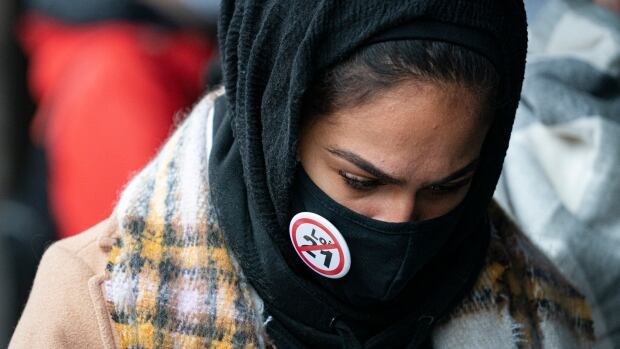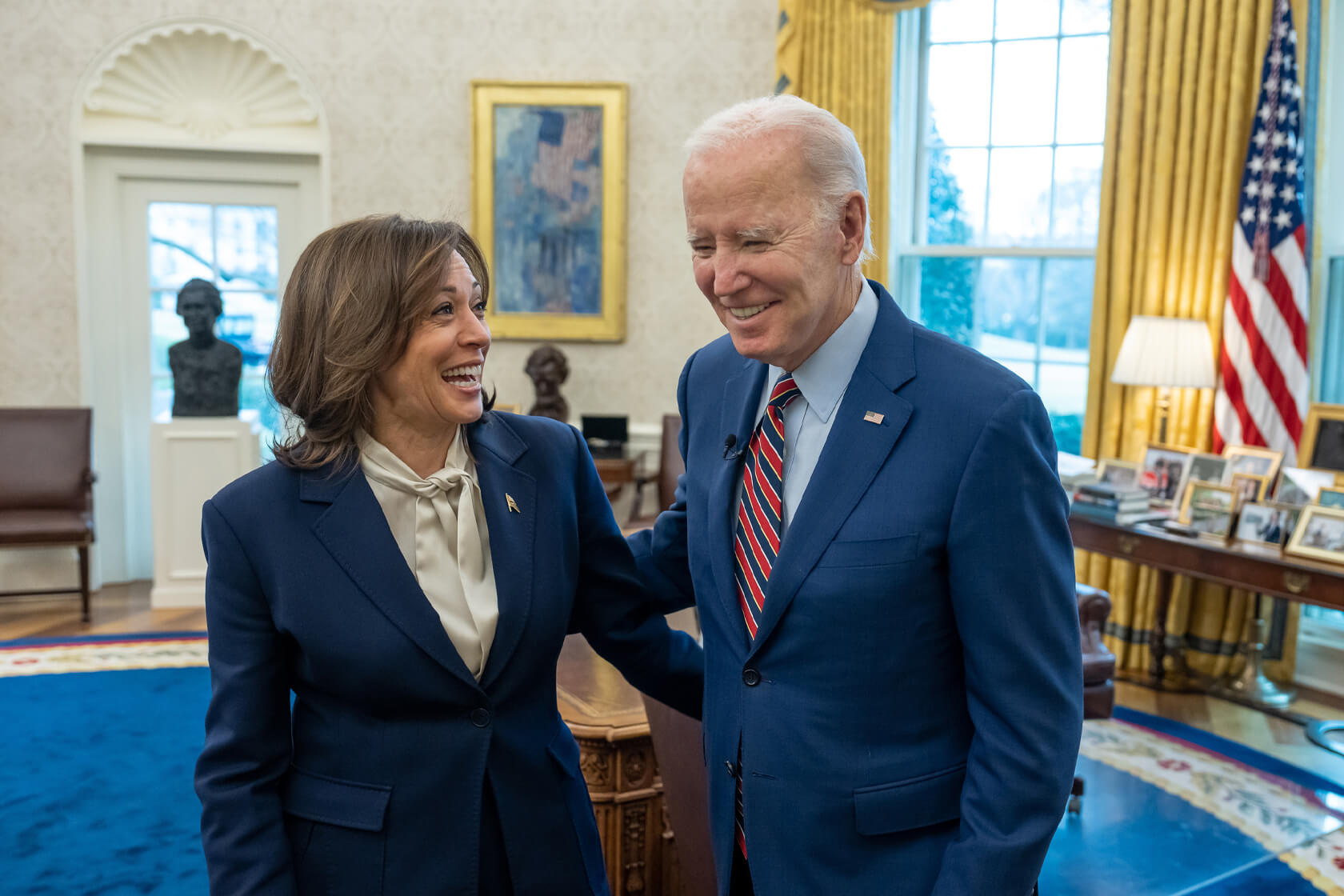Hearings on the constitutionality of Quebec’s secular laws begin today in the Court of Appeals

The Quebec government and several civil liberties groups are set to debate last year’s High Court ruling that upheld much of the state’s controversial secularist law before the state’s court of appeals today.
The secularism law (popularly known as Bill 21), enacted in June 2019 under the Coalition Avenir Québec (CAQ) government, makes public school teachers, police officers, government lawyers, and many others Civil servants and even some politicians are prohibited from wearing it. Religious symbols at work.
As soon as the bill was passed, civil liberties groups such as the National Muslim Council of Canada (NCCM) and the Canadian Civil Liberties Association (CCLA) launched legal challenges.
In April 2021, Supreme Court Justice Marc-André Blanchard said that although the law violates the fundamental rights of religious minorities in the province, Article 33 of the Charter of Rights and Freedoms of Canada (also known as a disregard clause) ruled that it was legal.
The CAQ government preemptively invoked the provision nonetheless to protect its legislation from constitutional challenge. This provision allows states to exempt laws from certain sections of the charter. Its application to law is renewed every five years.
However, Blanchard exempted British schools from the ban on religious symbols in his decision.
He also said that according to a section of the charter that guarantees the right of all citizens to vote and become members of parliament, members of the state’s National Assembly are allowed to wear religious symbols such as the niqab that covers their face. and ruled.
Shortly after the decision was handed down, Bill 21’s author, Quebec Minister of Justice Simon Jorin Barrett, said the province planned to appeal two conclusions of the ruling on English schools and legislators.
Later, the NCCM and CCLA also appealed, saying that laws banning religious symbols in many public sector jobs were unconstitutional and should be repealed.
opposite opinion
Hearings will run Monday through Thursday and will resume on November 16th. The Court of Appeals will hear from multiple parties arguing whether to repeal or strengthen the law.
Fulheen Ahmed, a hijab-wearing teacher at Westmount High School in Montreal, wants the law repealed.
“Ridiculous,” she said. “There is no evidence of negative feedback from individuals in classrooms where kippahs, turbans and hijabs are being taught.”
It has been more than two years since Bill 21 came into force, and I am still unable to work in the public sector, wear important religious symbols, lose my job or pursue a career outside of Quebec. She said she has seen stories of individuals who have chosen to pursue to them.
Ahmed said the problem is people’s perceptions of religion and particular religions, and that “that perception is being cast on my freedom, my choices. [It’s] not fair. “
At the other end of the spectrum, pro-secular groups, Mouvement laïque québecois (MLQ) argues that Bill 21 not only fails to trample the rights of minorities, but it also fails to adequately protect the rights of parents to have their children receive a secular education.
“Schools do not exist to guarantee freedom of religious practice for teachers. Schools exist to educate students, guarantee freedom of religion and guarantee religious equality for all students. ’” MLQ, in an interview with CBC News.
Barril said his group ideally wants the ban on religious symbols to apply to all school staff.
CCLA staff attorney Laura Berger said her team circumvented the “nevertheless” clause to oppose forcing people to “choose between faith and career.” He said he would find innovative ways to do so.
She said Quebec needed to strike a balance between secular state rights and individual rights.
“I firmly believe that religious freedom means getting religion out of the country. It doesn’t mean getting people out of the workplace,” she said.
Berger said the appeals court could take six to 18 months to make a decision.
The law is widely expected to eventually be challenged in Canada’s Supreme Court.
Hearings on the constitutionality of Quebec’s secular laws begin today in the Court of Appeals
Source link Hearings on the constitutionality of Quebec’s secular laws begin today in the Court of Appeals



